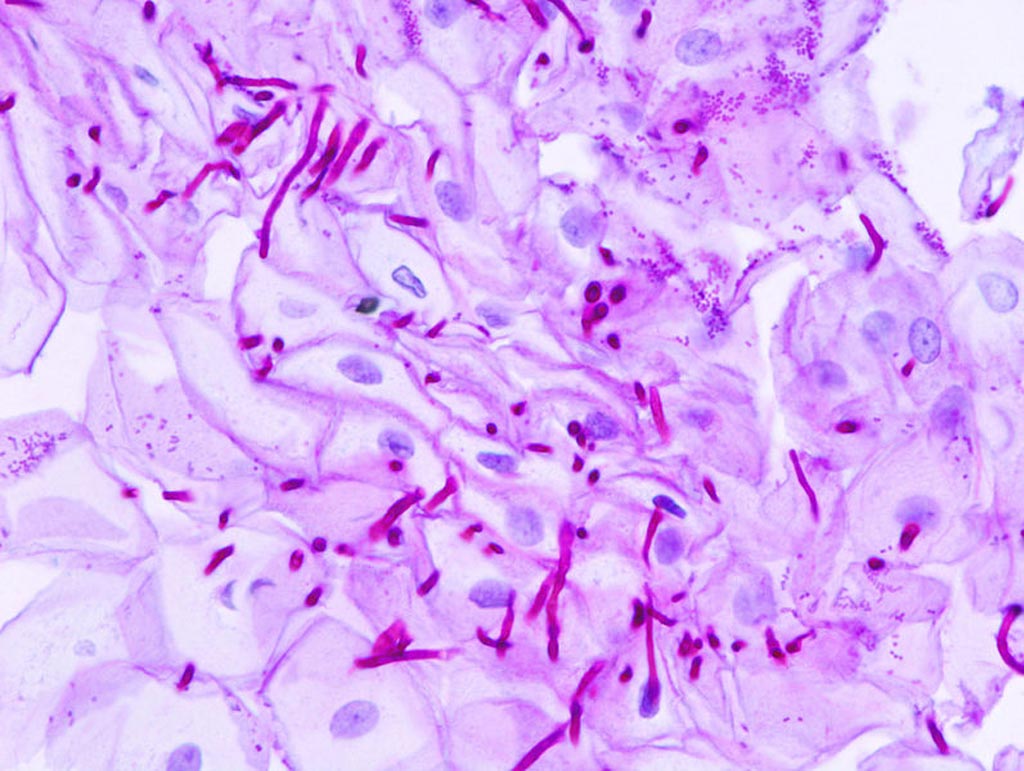Review Provides Insight into Therapeutic Interventions
By LabMedica International staff writers
Posted on 21 Aug 2017
A new review has outlined recommendations and a gold standard for identifying at-risk patients who are critically ill, or in receipt of organ transplants, for preventing, diagnosing and treating invasive fungal infections. It was published as part of a set of papers intended to provide new insights into the breadth of serious fungal diseases and as a call to world health bodies to prevent millions of infections each year.Posted on 21 Aug 2017
Invasive fungal infections, overall, are a major problem in both developed and developing countries, killing more than 1.5 million people annually. The cost to the global healthcare system runs into billions of dollars each year. Fungal infections invading the bloodstream, lungs, or other organs can cause prolonged illness and in extreme cases can lead to permanent disability or even death. Since a significant proportion of these infections is preventable, it is particularly important to improve capability to identify patients at high risk of contracting them.

Image: A micrograph of esophageal candidiasis showing hyphae. Biopsy specimen stained by periodic acid-Schiff procedure (PAS stain) (Photo courtesy of Wikimedia).
The review was conducted collaboratively by researchers in Australia and Brazil. “These new insights into diagnosing and treating invasive fungal infections are significant because early and correct treatment clearly leads to better outcomes for the patient,” said senior author Prof. Tania Sorrell of Westmead Institute for Medical Research (Westmead, Australia) and of the University of Sidney Marie Bashir Institute for Infectious Diseases and Biosecurity (Sidney, Australia), “Blood infections such as candidaemia and lung infections such as aspergillosis have high mortality rates of up to 85% in critically ill and immune-compromised patients.”
“The research that has informed the recommendations in this paper will play an important role in educating doctors in both developed and developing countries about these diseases and outlining available diagnostic and therapeutic options in different medical contexts,” said Prof. Sorrell, “It will allow clinicians to tailor their approach to managing these infections in different countries or when working with specific at-risk populations.”
The study, by Colombo AL et al, was published July 31, 2017, in the journal The Lancet Infectious Diseases.
Related Links:
Westmead Institute for Medical Research
University of Sidney Marie Bashir Institute for Infectious Diseases and Biosecurity













